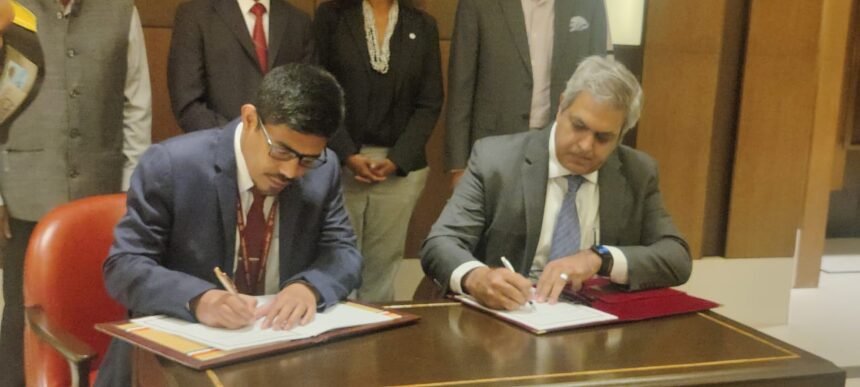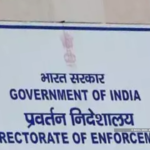The Union Cabinet, under the leadership of Prime Minister Narendra Modi, has granted approval for the ratification of the Headquarters Agreement between the Government of India and the Coalition for Disaster Resilient Infrastructure (CDRI). This agreement marks a significant step in India’s pursuit of a global leadership role in climate change and disaster resilience.
The CDRI, launched by Prime Minister Narendra Modi on September 23, 2019, during the United Nations Climate Action Summit in New York, is a prominent global initiative. It aims to address the challenges posed by climate change and promote infrastructure development that is resilient to disasters. The ratification of the Headquarters Agreement signifies India’s commitment to actively participating in and supporting the CDRI’s mission.
With the approval from the Union Cabinet, the Indian government is now set to formalize its engagement with the CDRI by ratifying the Headquarters Agreement. This agreement will establish the legal framework for the functioning of the CDRI Secretariat in India, enhancing cooperation and coordination among member countries, organizations, and stakeholders.
The CDRI serves as a platform for member countries to exchange knowledge, expertise, and best practices in building disaster-resilient infrastructure. By ratifying the Headquarters Agreement, India will contribute to strengthening global efforts in disaster management and climate resilience.
The Indian government’s decision to ratify the agreement reflects its commitment to tackling climate change and mitigating the impacts of natural disasters. India, being highly vulnerable to climate-related risks, recognizes the importance of resilient infrastructure in minimizing the damage caused by such events.
Through its active involvement in the CDRI, India aims to leverage its expertise and experience in disaster management and infrastructure development. The country’s initiatives, such as the National Disaster Management Plan and the Pradhan Mantri Awas Yojana (PMAY), have demonstrated its commitment to promoting disaster-resilient infrastructure domestically.
The ratification of the Headquarters Agreement will also enable India to play a crucial role in shaping the CDRI’s agenda and activities. As a member of the CDRI, India will contribute to the development of global standards and guidelines for resilient infrastructure, thereby influencing policy decisions and fostering international cooperation.
Moreover, India’s participation in the CDRI aligns with its broader climate change commitments. The country has set ambitious targets under the Paris Agreement, including reducing its carbon intensity and increasing the share of renewable energy in its overall energy mix. By actively engaging with the CDRI, India can further strengthen its efforts to meet these targets and contribute to global climate action.
The ratification of the Headquarters Agreement reinforces India’s position as a proactive and responsible global player in climate change and disaster resilience matters. It highlights the government’s dedication to international collaboration and its determination to address the challenges posed by climate change.
India’s decision to ratify the Headquarters Agreement with the CDRI demonstrates its commitment to promoting disaster-resilient infrastructure and tackling climate change. By actively participating in the CDRI, India aims to contribute to global efforts in building a sustainable and resilient future. The ratification marks a significant milestone in India’s journey towards achieving a leadership role in climate change and disaster resilience on the global stage.









